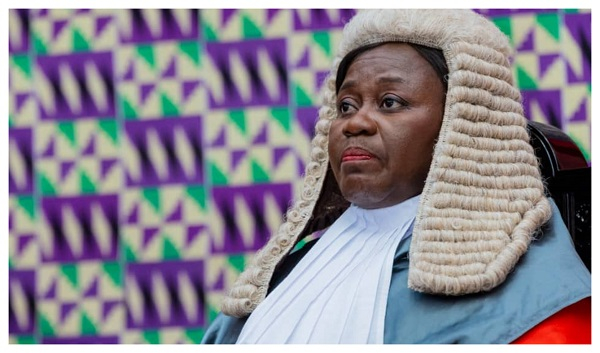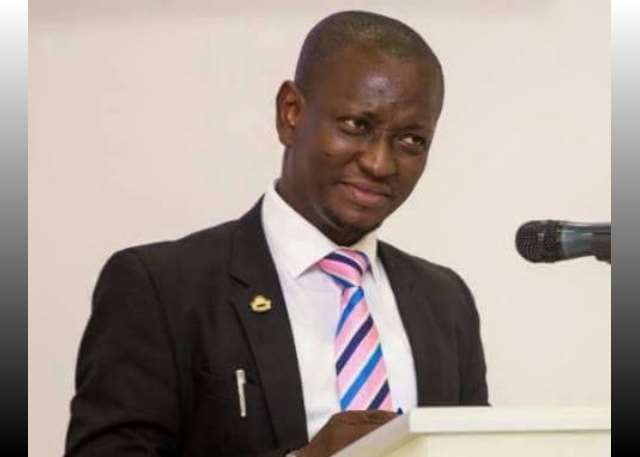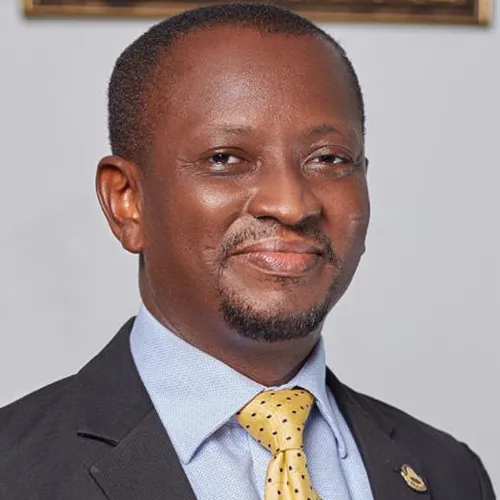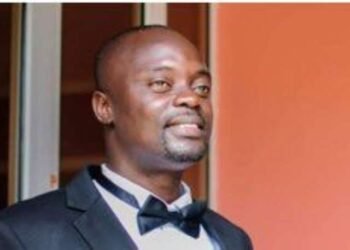Former Deputy Attorney General Alfred Tuah Yeboah has condemned the Council of State’s recommendation to President John Dramani Mahama to suspend Chief Justice Gertrude Sackey Torkornoo.
He labelled the advice as “very poisonous” and warned that it poses a serious threat to Ghana’s judicial independence and democratic stability.
“The council of state needs to tread very cautiously because whatever decision they take has far-reaching consequences as far as the recent independence in Ghana is concerned”
Alfred Tuah Yeboah, Former Deputy Attorney General
He referred directly to Article 146(10) of the 1992 Constitution, which outlines the process for suspending a Chief Justice following a removal petition.
He clarified that while the President is constitutionally empowered to act on advice from the Council of State, that advice is not binding, making the decision ultimately that of President Mahama.
“That advice from what we are reading was rendered, and the president decided to rely on that advice. But I need to point out that advice rendered by the council of state is not binding on the president”
Alfred Tuah Yeboah, Former Deputy Attorney General
Tuah Yeboah cautioned that such a major decision concerning the head of the judiciary must not be taken lightly. He stressed the gravity of suspending the person who leads the third arm of government and warned that Ghana must not allow political calculations to override legal prudence.

“If you take the CJ out and you want to advise on her suspension, the council of state needs to tread very cautiously.
“That decision of the Council of State is very poisonous, is very acidic, and it has future consequences that are so dire when it comes to Ghana’s democracy”
Alfred Tuah Yeboah, Former Deputy Attorney General
A Dangerous Precedent
Tuah Yeboah compared the current situation to Ghana’s past, emphasizing that suspending a Chief Justice under a democratic constitution is unprecedented.
Even during military regimes, including that of former President Rawlings, no Chief Justice was ever removed or suspended despite heavy executive power.
“In the 1990s Mr Rawlings, as the president, lost a lot of cases in the Supreme Court. He had appointed all the judges, he had appointed the Chief Justice, but this notwithstanding, he stood his ground and said because of judicial independence, we must move on”
Alfred Tuah Yeboah, Former Deputy Attorney General
According to him, since 1967 the removal of a Chief Justice has been extremely rare, with the current situation marking the first under the 1992 Constitution.
He expressed worry that the suspension of Chief Justice Torkornoo, followed by the establishment of a committee to determine her fate, could have lasting effects on the credibility of Ghana’s judiciary.
Legal Options
Tuah Yeboah stated that the Chief Justice has the legal right to challenge her suspension in court if she chooses. Although he stopped short of predicting her next steps, he emphasized that the prima facie determination is not conclusive and can be contested.
“Every order is something that can be challenged in court,” he said.

Commenting on the committee constituted to investigate the petition, Tuah Yeboah said he knew three of its five members; Justice Gabriel Scott Pwamang, Justice Samuel Kwame Adibu-Asiedu, and the former Auditor General, Mr Daniel Yaw Domelevo, and trusted them to approach the case with the seriousness it demands.
He urged the committee to disregard public pressure and rely solely on evidence.
“They should look at the evidence, evaluate the evidence, and give judgment according to their conscience and the evidence before them. If they don’t get it right, posterity will not forgive us”
Alfred Tuah Yeboah, Former Deputy Attorney General
He likened the judicial wig to a symbolic filter from external influence, reminding the public that judges are expected to rule solely based on law and conscience.
Acting CJ Appointment
Tuah Yeboah also clarified that President Mahama had no constitutional authority to appoint an acting Chief Justice.
He explained that the Constitution is explicit that in the absence of the Chief Justice, the most senior judge of the Supreme Court automatically assumes that role. “So his assumption of office has nothing to do with the president.”
As national debate intensifies around the suspension and the constitutional provisions guiding such actions, Tuah Yeboah’s comments have added urgency to calls for greater caution and adherence to democratic principles in handling judicial matters.
READ MORE: Kanye West Shares Disturbing Confession




















